
The rights a woman owes her parents remain intact and sacred, both before and after marriage. But obedience to the husband takes precedence over obedience to the parents if there is a conflict. Having said this, the Muslim couple must strive to avoid the occurrence of such conflict.

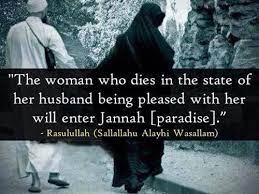
The first and foremost right of the parents is to be obeyed and respected by their children. A hadith records that Prophet Muhammad PBUH defined “the greatest of great sins” as polytheism and refusing to obey one’s parents. However, what do we do once we are married? Unfortunately there will be times when we will have to side with and or defend our spouse. Taking your spouse’s side does not always mean going against your parents, but it can feel that way to them. When asked about the people who taught us the most, who were there for us through hardships, who laughed with us during the good times, who put up with us on our off days, most of us think immediately of our parents. And it is true: our parents are the ones who have been with us through almost everything in our lives. Our mothers carry us for nine grueling months before we are born, and for at least eighteen years afterwards, our parents, to list a few things, take care of us, teach us, help us, and provide for us financially and academically. Without them, most of us would not be in the places we are today. Respecting parents is one of the most significant aspects of Islam. Allah says in the Quran:

Your Lord has decreed that you worship none but Him, and that you be kind to parents. Whether one or both of them attain old age in your life, say not to them a word of contempt, nor repel them, but address them in terms of honor. (17:23)
The first decree in this verse is to worship none but God. This is the first and most important pillar of Islam, and enjoining partners with God is the only unforgivable sin. The order right after this is kindness to parents. There are other major sins in Islam that could have been mentioned here, but the one God has forbidden us against here is disrespect to parents. We are told not to speak contemptuously to them. Throughout the Quran we are reminded just how important our parents are to us. How we should always treat them with kindness and respect. Holding one’s parents in high esteem is so important that, even if they tell us not to obey God’s command, we are still to treat them kindly. Allah says in the Quran,
But if they strive to make you join in worship with Me things of which you have no knowledge, obey them not; yet bear them company in this life with justice (and consideration). (31:15)
Imagine that. Even if our parents attempt to lead us, or worse, instruct us to head down the wrong path, we must still be kind to them. Even if our parents strive to make us commit the worst act in Islam, we must still treat them with justice.
Knowing what we know, how would we even bring ourselves to upset our parents? In any form or fashion. Many times when there is a dispute and or disagreement between our spouse and one or both of our parents, we find ourselves in very uncompromising positions. We find ourselves in a position where we have to choose. On one hand we have our parents or parents who, as we read above, deserve the utmost respect. On the other hand we have our spouse who we also know must be treated with the utmost respect as well. So again, what happens when the people most important to us, the ones who we are commanded to love and respect, collide so to speak?
The husband-wife relationship is one of love and mercy, and from that love originates a miracle of life. Allah (SWT) says in the Qur’an,

In Islam marriage being an obligatory act is so important that it is declared to be one half of single Muslim’s faith. It is narrated by Anas that the Messenger of Allah (PBUH) said,
“When a man marries, he has fulfilled half of his religion, so let him fear Allah regarding the remaining half.”
Our Holy Prophet Muhammad (PBUH) also married and encouraged others to get married by saying:
“A person who is able to support a wife and children and does not marry then he is not from us.”
Marriage has great importance in Islam, it emphasizes on not to delay in marriage as there is another Hadith of Prophet (SAW) related to marriage is:
“Do not delay in three things; i) The offering of the compulsory prayer. ii) The offering of the funeral prayer when the dead body is present. iii) The marriage of a woman when her match is found”
Marriage is an act pleasing Allah Almighty because it is in accordance with his commandments that husband and wife love each other and help each other to make efforts to continue the human race and raise their children to become true servants of Allah.

With all of that being said, what role do we take on when both are in disagreement with one another. What happens when our parents are not happy with our spouses and vice versa for one reason or another?
Who comes first, my husband or my parents?
As long as a woman is living in her fathers home, the father is her guardian and she must obey his commands and his directions. Once she gets married, then the responsibility moves over to her husband.
Muslim scholars view that a Muslim wife should obey her husband in all what he commands as long as it is not haram. If the parents interfere in this in a way that may shake the stability of the marital life, such interference should not be allowed.The responsibilities of a married woman towards her parents are like those of any other woman. The rights a woman owes her parents remain intact and sacred, both before and after marriage. But obedience to the husband takes precedence over obedience to the parents if there is a conflict.Sheikh M. S. Al-Munajjid
Who comes first, my wife or my parents?

As a child, a son should obey his mother. When he has a wife, the mother is still important but she should not be given excessive importance to the detriment of the wife. It is a man’s responsibility to care and provide for his wife, and his parents when they become elderly.
Abu Huraira reported: A man asked the Messenger of Allah, peace and blessings be upon him, “Who is most deserving of my good company?” The Prophet said, “Your mother.” The man asked, “Then who?” The Prophet said “Your mother.” The man asked again, “Then who?” The Prophet said, “Your mother.” The man asked again, “Then who?” The Prophet said, “Your father.”
First and foremost, it is pertinent to say that both the mother as well as the wife are important individuals in the life of a man. Each of them has a distinguished and unique status before a man. In Islam, a mother is held in a very high esteem and for her numerous sacrifices prior to and after the birth of her baby. She is given the highest position even more than that of a father. A child is therefore to be kind, obedient and to treat his or her mother gently and respectfully. In the same way, a wife is considered a partner in progress and a pillar in the achievement of peace and success in life. Thus, it is expected of a man to treat his wife with love, affection, mercy and kindness. In the same way an unkind treatment to one’s mother is considered a punishable sin in Islam, the unkind treatment to the wife is also considered a great sin which is punishable on the Day of Resurrection. In a nutshell, both the mother and the wife are very important in the life of a man and they were both assigned a very special and unique position in Islam.
So, a man is obligated to obey his parents in everything that does not involve sin. The mother has priority because of the sacrifices she made in bringing up her children and taking care of them from the time she felt the child moving in her womb. Meanwhile men must take good care of their wives and be kind to them. The relationship between mother and wife is not always harmonious as misunderstandings can happen. In this case, the precept of Islam advocates using justice and wisdom in dealing with such cases. It is true the priority is for mothers, but it does not mean that wives should be neglected.
At times our parents may have rights over our spouses and at times our spouses may have rights over our parents. Both have value in our lives, and one can never replace the other. It is our duty to first, do all that we can to avoid and prevent conflict between them. If conflict arises, sit down with all parties and try to have a discussion. Try to talk things out in hopes of finding some resolution. The best thing that we can do for our families is to continuously make an effort to keep things peaceful.
Sister Rebecca is a SAHM living in Houston Texas. Married for 13 years with two children, and a revert since 2014, her hobbies include cooking, reading, and spending time with family.
Recent Posts:
- Navigating Financial Independence: Essential Tips for Young Adults
- The Importance of Mental Health in Marriage: An Islamic Perspective
- Eco-Elegant Nuptials: How to Plan a Stylish and Sustainable Wedding
- Modern Matrimony: Tech Tools to Perfect Your Wedding Planning Process
- 5 Budget-Friendly Ways to Prep Your Home for Your Wedding Day





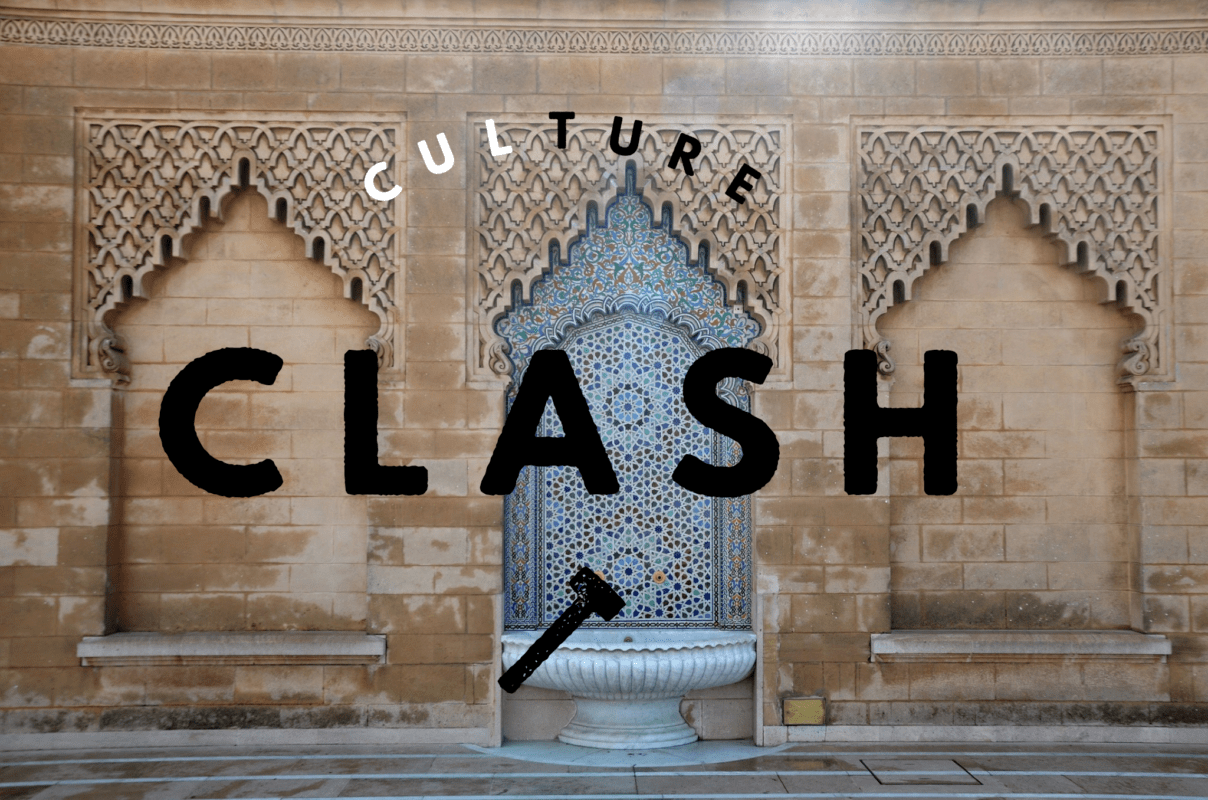
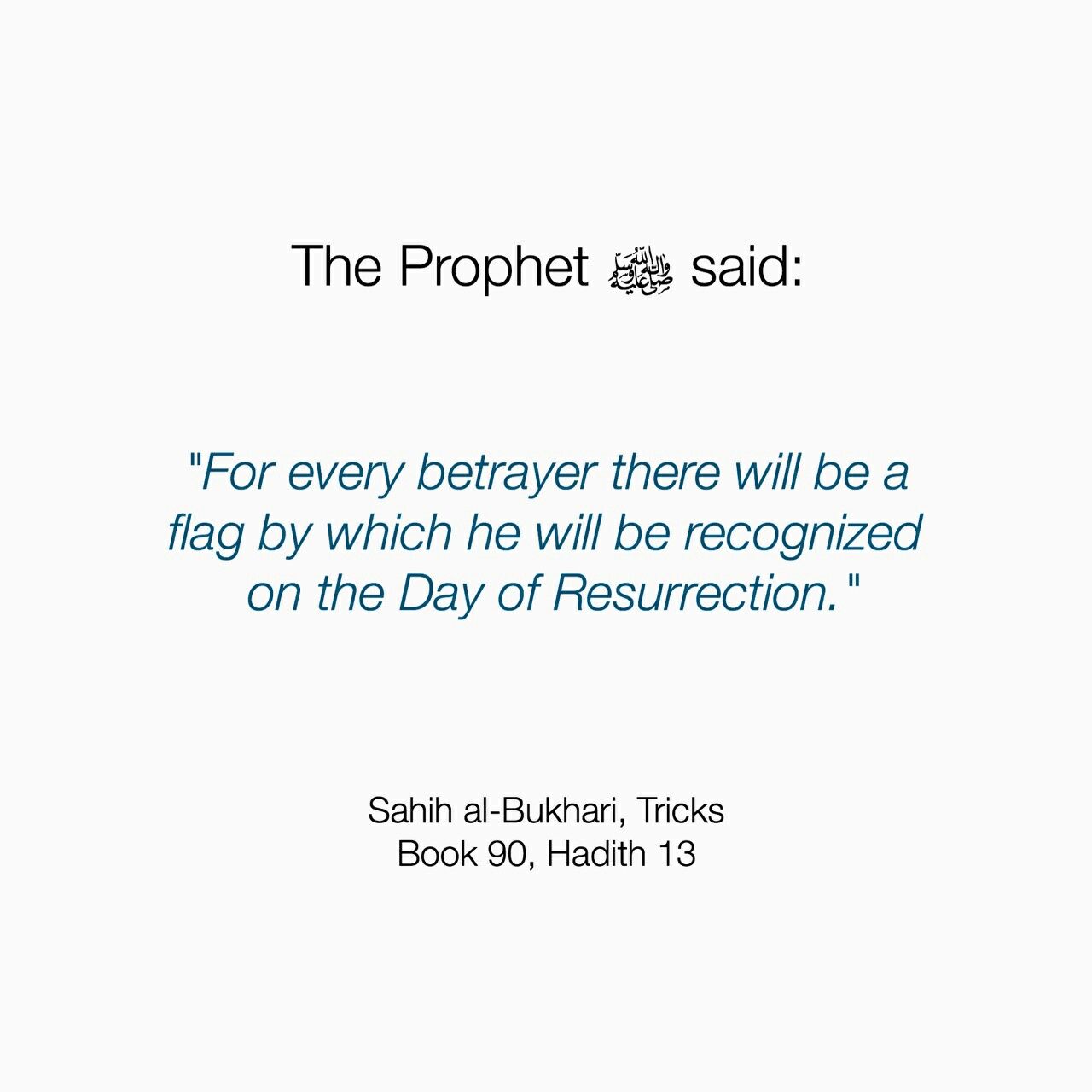




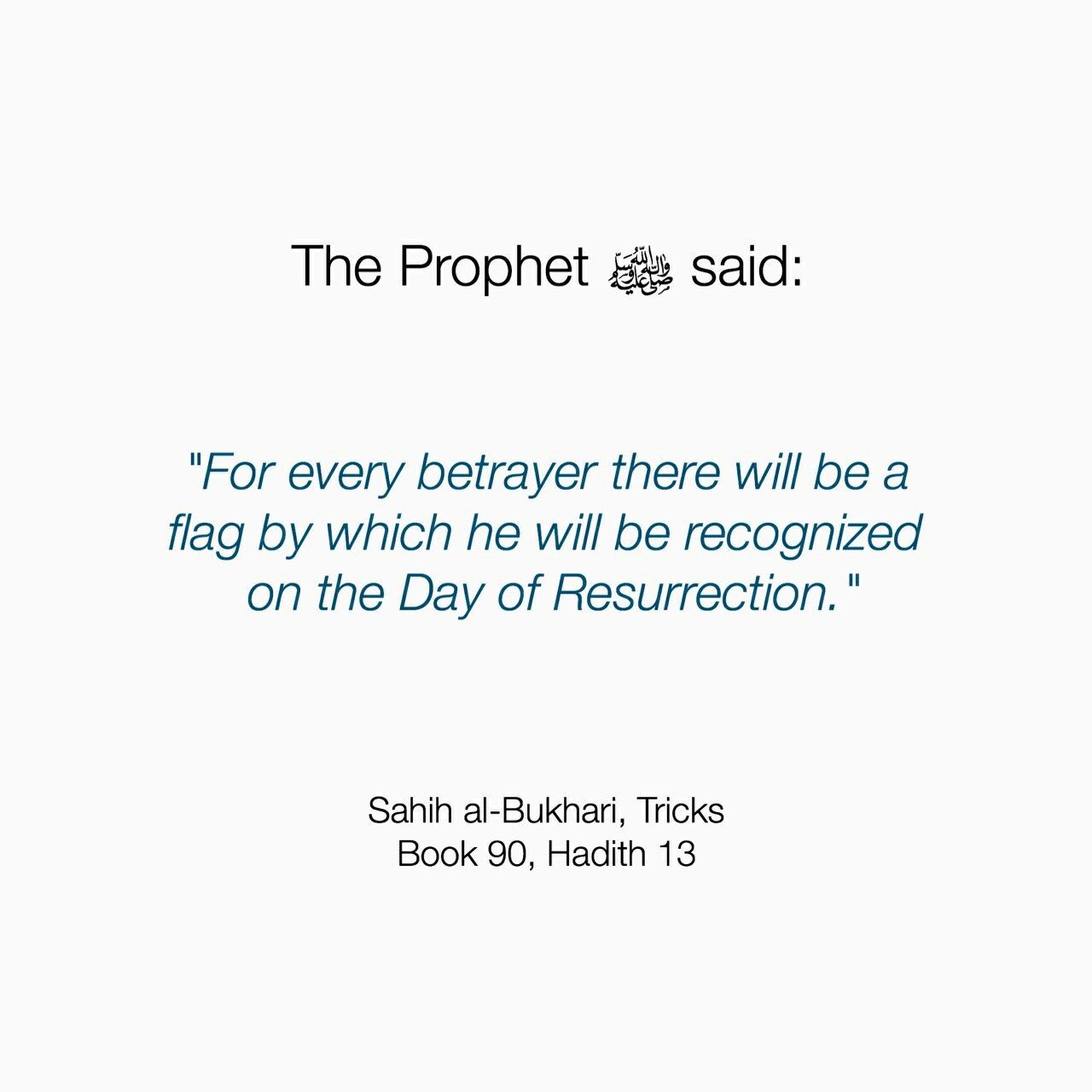

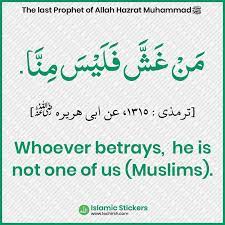
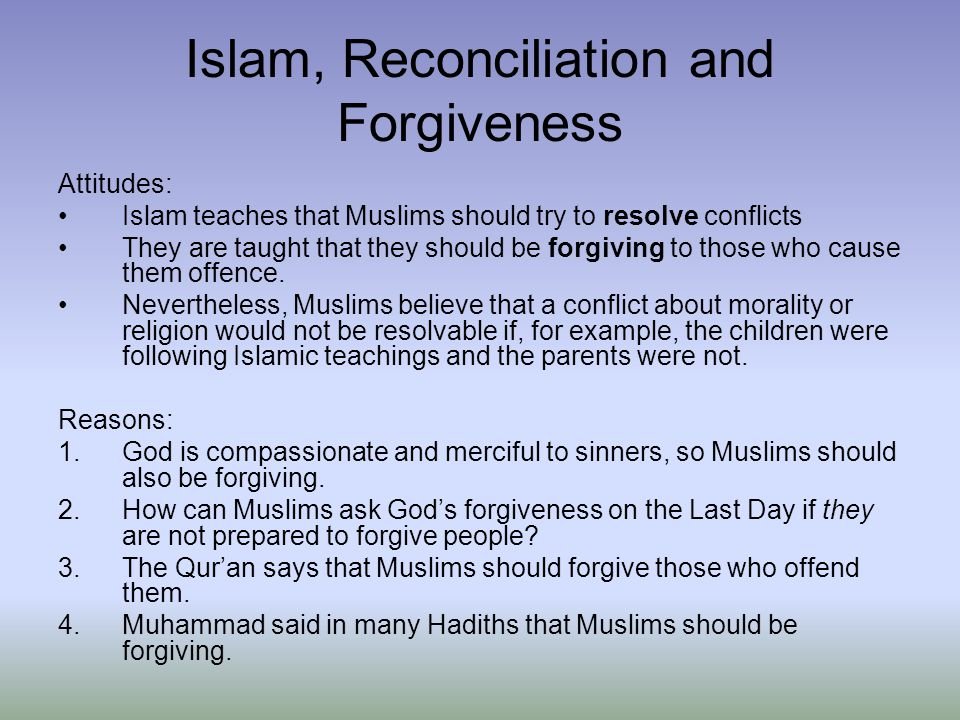


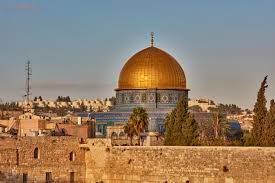
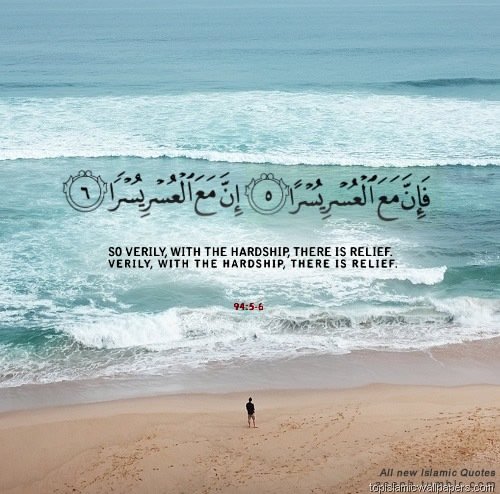
SALT TRICK